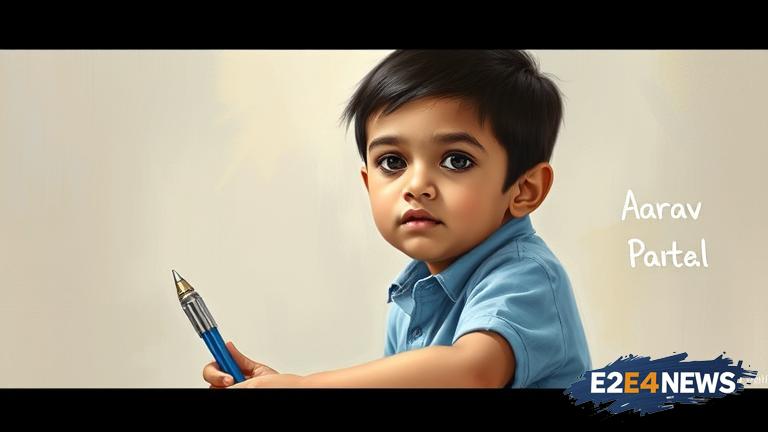In a remarkable turn of events, 11-year-old Aarav Patel, a child prodigy from India, has been denied admission to Class 9 due to his age. Despite his exceptional academic abilities, the school authorities have refused to grant him admission, citing the age criteria as the primary reason. The High Court has now intervened in the matter, directing the school to conduct an IQ test to assess Aarav’s mental age and determine his eligibility for Class 9. Aarav’s parents had approached the court, seeking relief and arguing that their son’s exceptional abilities and academic achievements should be taken into consideration. The court’s decision has sparked a debate about the age criteria for school admissions and the need to accommodate gifted children. Aarav’s case has also highlighted the challenges faced by child prodigies in the Indian education system. The IQ test, scheduled to be conducted soon, will play a crucial role in determining Aarav’s academic future. The test results will help the school authorities and the court to assess Aarav’s mental age and decide whether he is ready to join Class 9. Aarav’s parents are hopeful that the test will demonstrate their son’s exceptional abilities and pave the way for his admission to Class 9. The case has also raised questions about the flexibility of the Indian education system in accommodating gifted children. Many experts believe that the system should be more adaptable to cater to the needs of child prodigies like Aarav. The High Court’s decision has been welcomed by many, who see it as a positive step towards recognizing and nurturing exceptional talent. However, others have expressed concerns about the potential implications of the court’s order, arguing that it may create a precedent for other cases. As the IQ test approaches, Aarav and his parents are anxiously waiting for the results, which will determine the next course of action. The case has also sparked a wider debate about the importance of recognizing and supporting gifted children in India. Many believe that the country needs to do more to identify and nurture exceptional talent, particularly in the field of education. The government and educational institutions have been urged to introduce more flexible and inclusive policies to accommodate child prodigies like Aarav. The High Court’s decision has been seen as a step in the right direction, but many believe that more needs to be done to create a supportive environment for gifted children. Aarav’s case has also highlighted the need for a more nuanced approach to education, one that takes into account the diverse needs and abilities of students. As the education system continues to evolve, it is likely that more cases like Aarav’s will emerge, prompting a re-examination of the age criteria and the need for more flexible policies. The IQ test, in this context, is a crucial step towards determining Aarav’s eligibility for Class 9 and paving the way for a more inclusive education system. The results of the test will be eagerly awaited, not just by Aarav and his parents, but also by education experts and policymakers, who will be watching the case with great interest. The case has also sparked a discussion about the role of parents and educators in supporting gifted children. Many believe that parents and educators should work together to create a supportive environment that nurtures exceptional talent. The High Court’s decision has been seen as a positive step towards recognizing the importance of parental involvement in education. As the case continues to unfold, it is likely that more attention will be focused on the need for a collaborative approach to education, one that brings together parents, educators, and policymakers to create a more inclusive and supportive environment for gifted children. The IQ test, in this context, is just the beginning of a longer conversation about the need for a more flexible and adaptable education system.
